To provide the best experiences, we use technologies like cookies to store and/or access device information. Consenting to these technologies will allow us to process data such as browsing behaviour or unique IDs on this site. Not consenting or withdrawing consent, may adversely affect certain features and functions.
The technical storage or access is strictly necessary for the legitimate purpose of enabling the use of a specific service explicitly requested by the subscriber or user, or for the sole purpose of carrying out the transmission of a communication over an electronic communications network.
The technical storage or access is necessary for the legitimate purpose of storing preferences that are not requested by the subscriber or user.
The technical storage or access that is used exclusively for statistical purposes.
The technical storage or access that is used exclusively for anonymous statistical purposes. Without a subpoena, voluntary compliance on the part of your Internet Service Provider, or additional records from a third party, information stored or retrieved for this purpose alone cannot usually be used to identify you.
The technical storage or access is required to create user profiles to send advertising, or to track the user on a website or across several websites for similar marketing purposes.
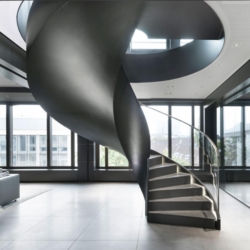 German market leader in workplace design and fit-out, apoprojekt, has been warmly welcomed as the latest member of Studio Alliance, a formal consortium of European workplace experts. Established in November 2020, Studio Alliance was created in response to the growing pace of globalisation. It offers clients a unique blend of local market insights alongside a wealth of experience, having executed projects in over 5,000 buildings across 34 countries. (more…)
German market leader in workplace design and fit-out, apoprojekt, has been warmly welcomed as the latest member of Studio Alliance, a formal consortium of European workplace experts. Established in November 2020, Studio Alliance was created in response to the growing pace of globalisation. It offers clients a unique blend of local market insights alongside a wealth of experience, having executed projects in over 5,000 buildings across 34 countries. (more…)






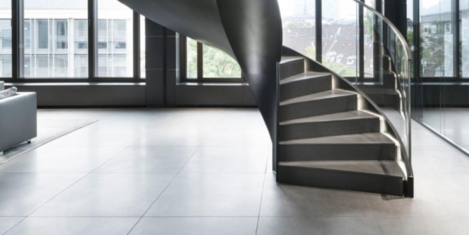


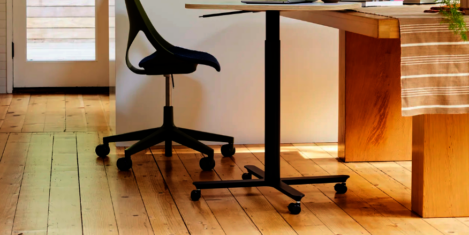
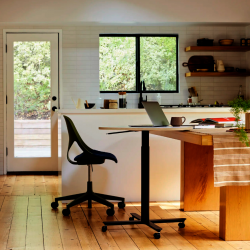






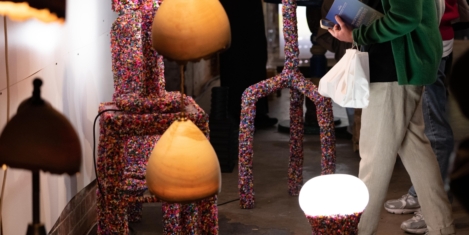


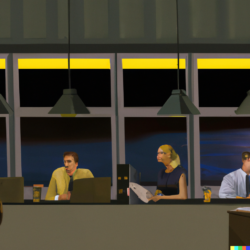

 Commercial real estate occupiers are willing to put their money where the tech is, according to new polling from
Commercial real estate occupiers are willing to put their money where the tech is, according to new polling from 


 Generation Z and millennials make up a huge part of the workforce and are only continuing to grow, and with this increase, more is being asked from the workplaces that employ them. Workplace wellness is becoming increasingly essential, especially as employee well-being decreases and affects trust in employers’ efforts. With significant economic woes and work setup changes affecting professional life, 64 percent of the UK workforce would say their
Generation Z and millennials make up a huge part of the workforce and are only continuing to grow, and with this increase, more is being asked from the workplaces that employ them. Workplace wellness is becoming increasingly essential, especially as employee well-being decreases and affects trust in employers’ efforts. With significant economic woes and work setup changes affecting professional life, 64 percent of the UK workforce would say their 








October 16, 2023
London Real Estate Forum makes the right noises, but will be judged on action
by Helen Parton • Comment, Events, Property